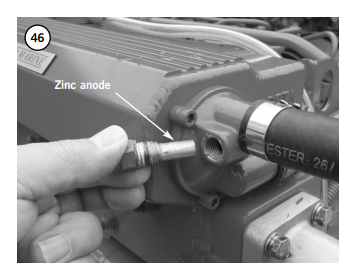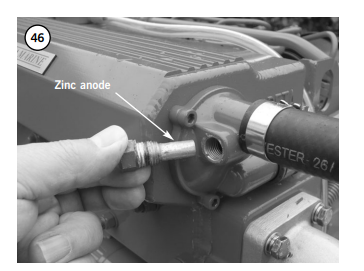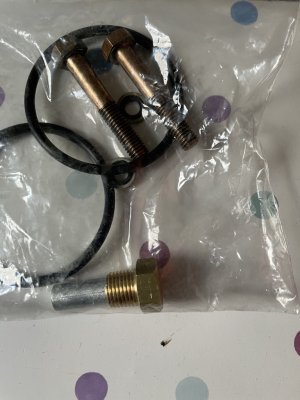Jayayecee
New member
Our Beta engine has a wasting anode which we had completely forgotten about. Cant believe that has never happened before On withdrawing the bolt the zinc cylinder has completely disappeared. Must have all dissolved away I think. However the replacement one will not go in. Could the zinc cylinder have fallen off and still be in there? Its been two years. And anyway how essential is this? I have not seen one before.
On withdrawing the bolt the zinc cylinder has completely disappeared. Must have all dissolved away I think. However the replacement one will not go in. Could the zinc cylinder have fallen off and still be in there? Its been two years. And anyway how essential is this? I have not seen one before.




